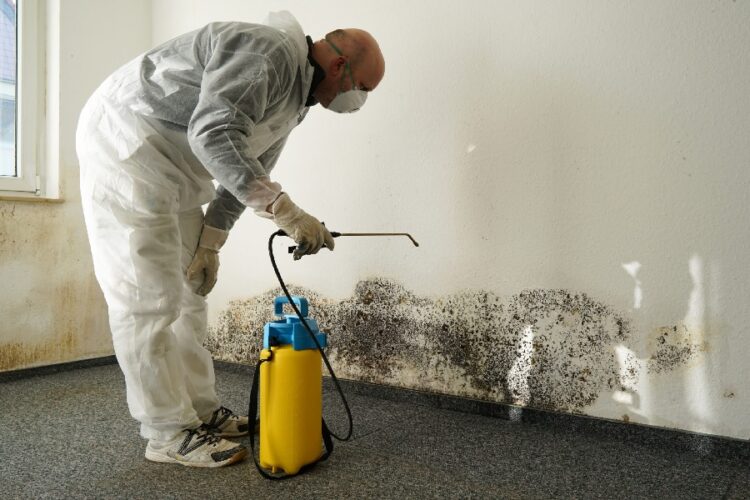A mold remediation contractor is a professional or a company that specializes in identifying, assessing, and addressing mold issues in homes, buildings, and other properties. Their primary goal is to safely and effectively remove mold growth, eliminate the factors causing mold growth, and prevent its recurrence. Mold remediation contractors are trained and equipped to handle all aspects of mold-related problems, from inspection and assessment to actual removal and prevention measures.
Here are the key responsibilities and tasks of a mold remediation contractor.
Inspection and Assessment
The contractor conducts a thorough inspection of the property to identify areas affected by mold growth. They assess the extent of the infestation and determine the sources of moisture that are contributing to mold development.
Developing a Remediation Plan
Based on the assessment, the contractor creates a detailed plan for mold removal. This plan outlines the specific techniques, containment measures, equipment, and products that will be used to safely and effectively remove the mold.
Containment
During mold removal, contractors establish containment barriers to prevent the spread of mold spores to other areas of the property. This containment helps protect the occupants and prevent cross-contamination.
Mold Removal
The contractor uses specialized equipment and techniques to remove the mold growth. This may involve physically cleaning surfaces, using air scrubbers to filter the air, and applying appropriate cleaning agents.
Disposal
Mold-contaminated materials, such as drywall or carpeting, may need to be removed and properly disposed of according to regulations. The contractor ensures that contaminated materials are handled and disposed of correctly.
Cleaning and Sanitizing
After the removal process, the contractor thoroughly cleans and sanitizes the affected areas to ensure that any remaining mold spores are eliminated.
Drying and Moisture Control
Addressing the root cause of mold growth is crucial. Contractors identify and rectify sources of moisture, whether they are leaks, poor ventilation, or other issues, to prevent future mold growth.
Preventive Measures
In addition to removal, contractors provide recommendations for preventing future mold issues. This might involve advising on proper ventilation, insulation, and moisture control practices.
Final Inspection and Testing
After remediation, the contractor conducts a final inspection and may perform air or surface tests to ensure that mold levels are within acceptable limits. This step confirms the success of the remediation process.
Documentation
Professional contractors provide documentation of their work, including inspection reports, before and after photos, testing results, and any warranties or guarantees offered.
To conclude
Mold remediation contractors typically have training and certifications in mold assessment and removal. It’s important to choose a reputable and experienced contractor who follows industry best practices and complies with local regulations. Hiring a professional mold remediation contractor ensures that mold issues are handled safely, effectively, and with a focus on preventing future problems.


